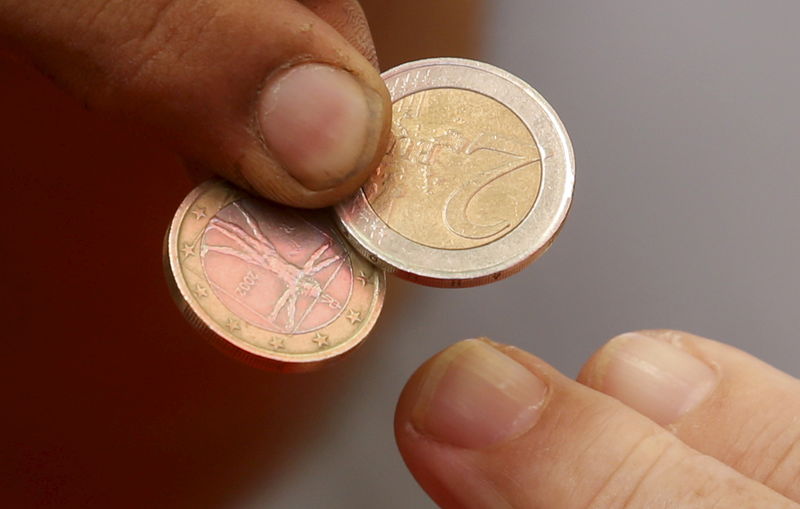Street Calls of the Week
* Euro improves after Noyer says no need for more easing
* Canadian dollar recovers after early post-election losses
* Dollar index well above from last week's 7-week lows
By Patrick Graham
LONDON, Oct 20 (Reuters) - The euro recovered from a 10-day low against the dollar on Tuesday, with a change in the mood music from European Central Bank policymakers before Thursday's meeting beating back market bets on further monetary easing.
ECB governing council member Christian Noyer said late on Monday the European Central Bank's quantitative easing programme was well calibrated and did not need to be adjusted, following similar words from Austrian central bank chief Ewald Nowotny.
Nowotny had pointed to the need to look at further ways to stimulate a still struggling euro zone economy and major banks including Barclays (L:BARC) and Goldman Sachs (N:GS) started this week by calling for the euro to weaken into Thursday's meeting.
Any signs that an extension of the bank's existing programme of quantitative easing, or of a further cut in some of its key interest rates that are all already at or around zero, would act against the single currency.
"The Noyer comments are important," said a senior trader at one international bank in London.
"It does seem as if they're trying to back the market away from thinking there's going to be another easing announcement. The market is still short, and it will probably need a push up to $1.15 to burn those guys out."
The euro gained just over 0.1 percent on the day to $1.1343 EUR= , after dropping as low as $1.1306 on Monday.
LOONEY FINE TUNING
The Canadian dollar, a big faller on Monday ahead of election results that gave a shock victory to Liberal leader Justin Trudeau over Prime Minister Stephen Harper's Conservative, was back in positive territory in early European trade.
The same trader said the market had judged any selling on concerns that Trudeau's centre-left was promising to overspend were overdone, and that indeed anything that gets the Canadian economy going could be seen positively.
"I'm not one of these believers in selling a currency just because a left-leaning government has come in," said the trader.
"At this stage, putting a bit more into the country fiscally may not be the worst idea. I'm not in the (Canadian) dollar at the moment but for me if anything this morning it's a buy."
Others argued any gains for the euro would be limited ahead of the ECB meeting given a backdrop of deflationary pressure.
Lower oil prices helped push euro zone consumer prices into negative territory last month. Economists polled by Reuters expect the ECB will at some stage extend its plan to buy 60 billion euros of assets a month of mostly government bonds beyond next September.
"We're thinking they'll probably extend that date, but we're not expecting it until the December meeting," said Jennifer Vail, head of fixed-income research at U.S. Bank Wealth Management in Portland, Oregon.
"The extension is the most likely path for the ECB. I think increasing the size of current purchases would be problematic."
